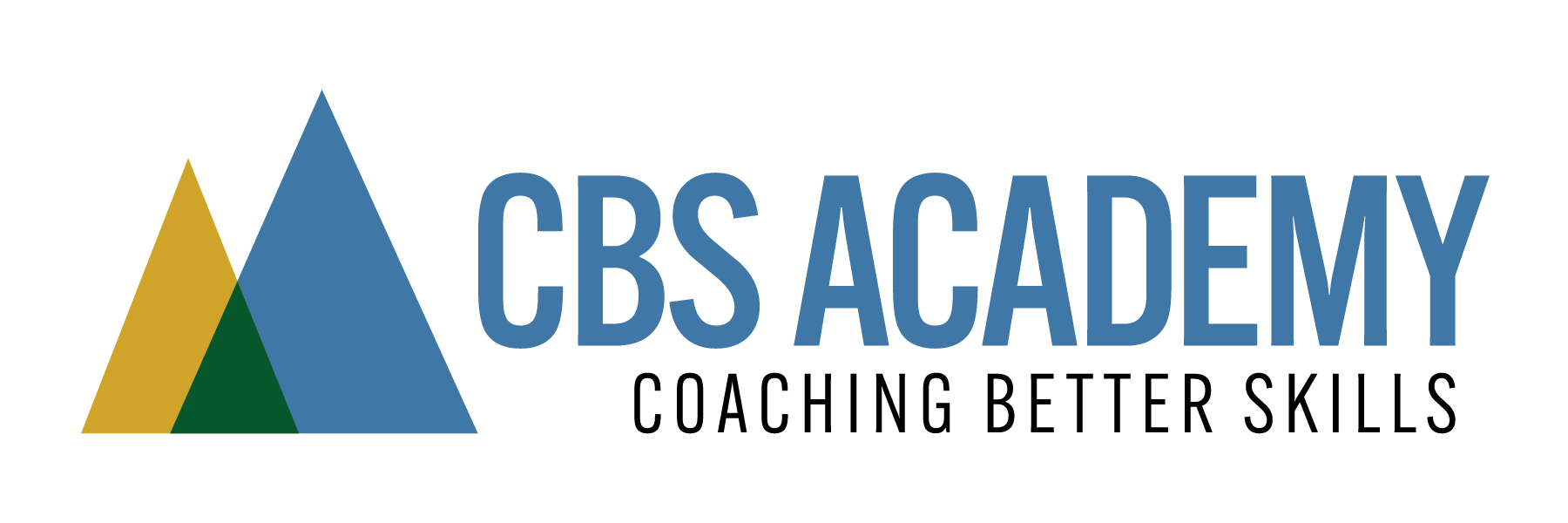Write your awesome label here.
MOS as a Top-Down Approach: Are You Doing Your Part?
In any successful organization, structure and clear delineation of roles are paramount. This principle is vividly embodied in the Management Operating System (MOS), a top-down approach that we can liken to the structure of a hospital.
Just as in a hospital, where every layer has specific goals and responsibilities that enable other layers to function effectively, the MOS structure ensures that each organizational tier contributes to overall success.
